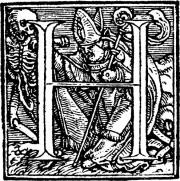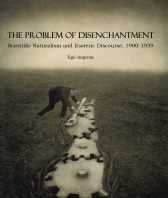[The third and final part of my review of Otto and Stausberg’s Defining Magic. This part discusses the five final essays of the book, all of which are new contributions written by contemporary scholars of “magic”. Follow hyperlinks to read part one (focusing on the selection of texts) and part two (focusing on the editors’ introduction) of the review.]
3. Contemporary voices
That we need a systematic approach along the lines of what Stausberg and Otto suggest (or alternatively along the lines of building blocks) is confirmed by looking at the five contemporary pieces representing the current state of the debate. The five authors represent anything but a consensus. Through a broader framework of “patterns of magicity” we might nevertheless be able to put them in a fruitful dialogue.








